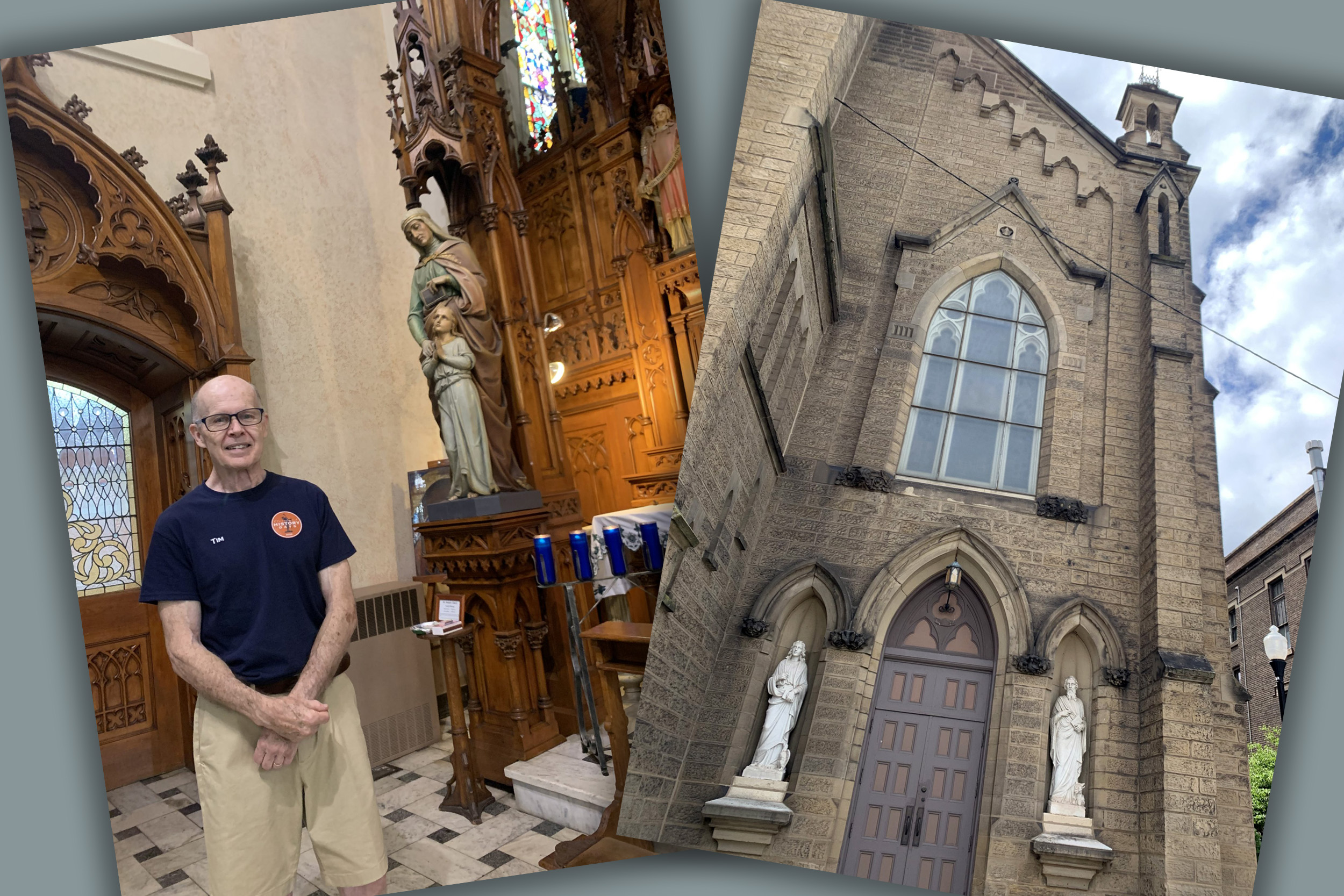After covering the April 11 Cleveland Landmarks Commission meeting, Cleveland Documenter Charlestine Pride asked: “What are the guidelines for the title ‘historical?’ Who determines those guidelines?”

Cleveland Documenters cover local government meetings. They often have unanswered questions. In our series The Follow Up, we get answers.
Cleveland landmarks
Cleveland has many buildings designated as landmarks, said Cleveland City Planner Karl Brunjes. The Landmarks Commission decides whether to nominate a building for the status. In recent months, it nominated the childhood home of Olympian Jesse Owens and Second New Hope Baptist Church for the status.
The city is always looking at properties for the landmark designation and conducts a continuing survey for that purpose.
Winning landmark status sets properties apart, according to Michael Brown, pastor of Liberty Hill Baptist Church, which got landmark status in 1974.
“Having local Cleveland [landmark] status allows Liberty Hill Baptist Church to deeply engage with and serve the specific needs of the Cleveland community …,” he told Signal Cleveland in an email. “This status enables the church to leverage local resources, collaborate with nearby organizations, and effectively address local social and spiritual challenges, enhancing its impact and outreach efforts.”
The road to Cleveland landmark status
So, how do buildings become landmarks? Signal Cleveland asked City Planning’s Brunjes to explain the process. He said the Landmarks Commission considers the “integrity” and “significance” of a building before nominating it. Buildings must be at least 50 years old.
The commission considers a building’s “character, interest or value as part of the development, heritage or cultural characteristics of the city” and looks at whether the property “exemplifies the cultural, economic, social, or historic heritage of the city.“
“While a place may check some of the boxes, it doesn’t necessarily mean that it will still be eligible for designation,” Brunjes told Signal Cleveland in an email. “We conduct a great deal of scholarly research to confirm, and sometimes decline, nomination of a place for designation.”
Nomination for landmark status is only the first step, Brunjes said. Cleveland City Council must eventually sign off.
Cleveland is full of notable churches
Cleveland has often been called a city of churches, and that shows in the list of landmarks. Brunjes said 50 to 60 churches are individually designated as landmarks, and many others are located in historic districts.
One of the first churches to win landmark status is Liberty Hill Baptist Church. Here’s a copy of the 1974 ordinance.
This City Planning interactive map shows landmark districts and individual landmarks.
Cleveland landmarks account for 7,000 to 8,000 land parcels (one building may take up several parcels), and there is no limit on the number of properties that may get the designation, Brunjes added.
City Council is expected to review landmark designations for two churches soon:
- First Hungarian Reformed “Stone” Church, 2850 E. 79th St., the first Hungarian congregation in the United States. Second New Hope Baptist Church moved into “The Stone Church” in 1943. (The Zone LLC is the current owner of the East 79th Street property.)
- Second New Hope Baptist Church (the former St. Margaret of Hungary Catholic Church) at 2917 E. 116th Street. The first church on the site was completed in 1922, the same year New Hope Baptist Church opened on Orange Avenue. Second New Hope moved there from East 79th Street in 1989.
Additional reporting by Doug Breehl-Pitorak.
Correction: This story was updated to note that The Zone LLC is the current owner of the East 79th Street property occupied by Second New Hope Baptist Church.



